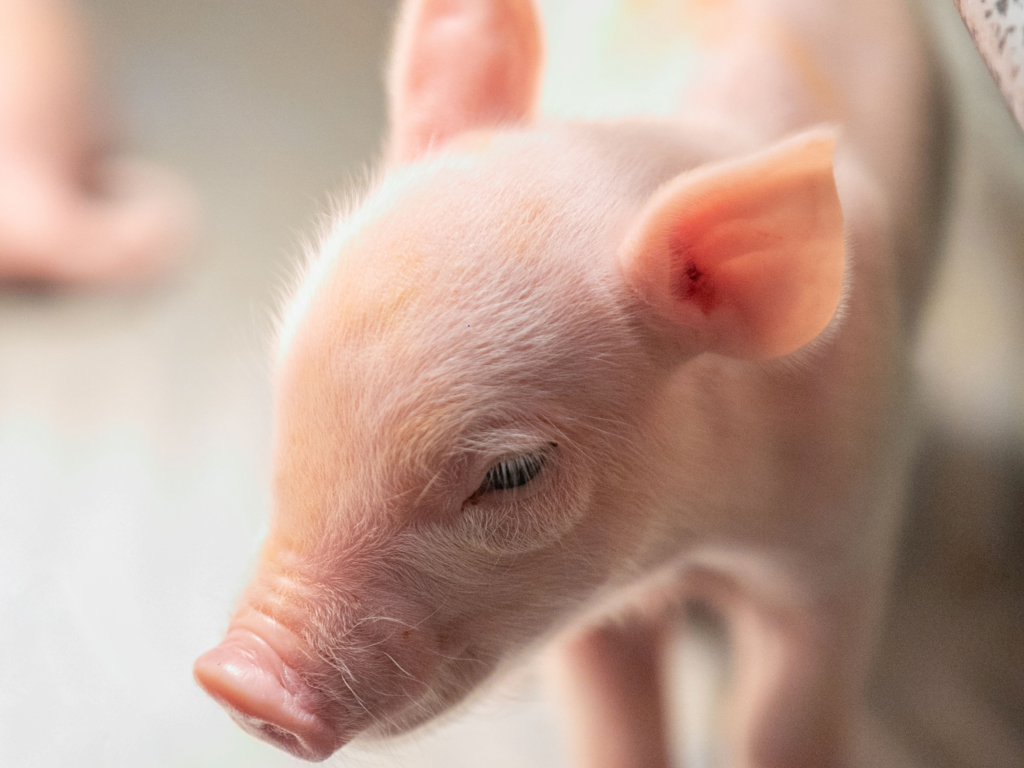By Martijn Derks
An important focus for us is to identify rare deleterious variants as early as possible. Identifying such variants early on allows for the opportunity to quickly select against such variants to improve both genetic gain and animal welfare. To achieve this, we use two primary approaches that significantly contribute to the early detection of rare deleterious variants. The first method involves scanning the genome for regions that never appear in a homozygous state. This observation serves as a key indicator of a recessive lethal variant. Using this method, we have pinpointed several rare deleterious variants that could cause early death ranging from the embryo stage to postnatally.
The second approach employs a non-additive Genome-Wide Association Study (GWAS). This method is designed to identify variants found in homozygous animals that exhibit an inferior performance compared to their heterozygous or wild counterparts. This approach allows us to identify specific genetic variations that, despite their rarity, have a disproportionate influence on the health and productivity of a small subset of animals. By simultaneously testing millions of variants in two breeding lines using the GWAS, we have been able to uncover several rare deleterious variants that lead to underperforming animals for several production traits (e.g. growth). Fortunately, most of the variants were only detected in one of our lines and therefore crossbred sows and finishers are not affected by these genetic defects.
The integration of these two approaches underscores our commitment to the proactive genetic management of our breeding lines. By identifying and addressing rare deleterious variants early on, we provide our breeding programs with the knowledge and tools necessary to ensure that we can monitor and select against such rare variants.

